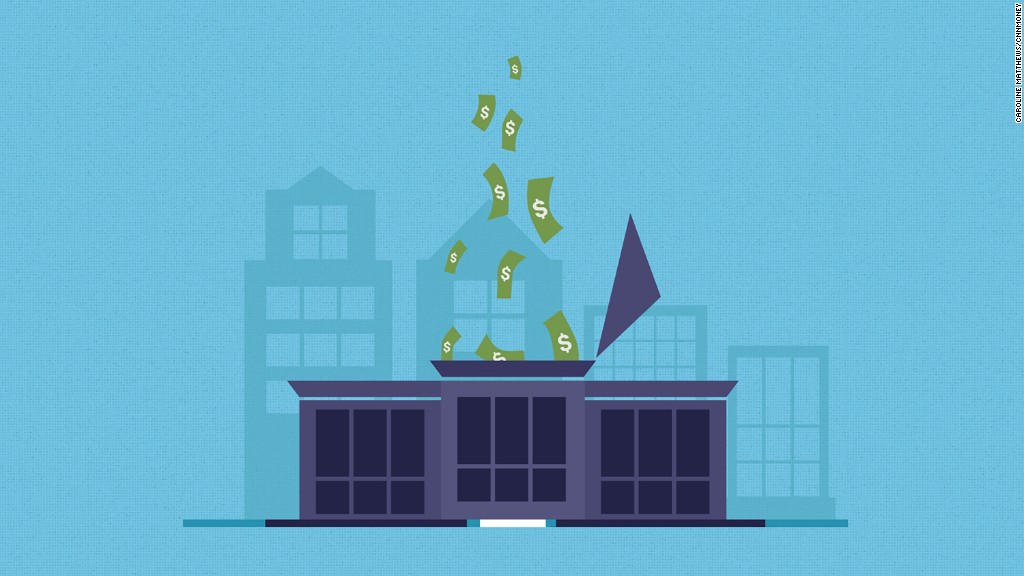
Who says no one is getting a raise?
One of the pervasive narratives in recent years is that wage growth has been weak. Average hourly earnings increased only slightly in the years after the recession ended in 2009, before picking up modestly in 2015, according to federal Department of Labor data.
But government data provides an overview of the earnings of all workers. It doesn't drill down to wages earned -- and raises given -- to individual employees. So it can be skewed when younger workers replace their retiring older peers, who typically command higher salaries, for instance.
The ADP Research Institute wanted to look at wage growth in a different way. A payroll processing company, ADP examined the earnings of the more than 20 million employees that it covers.
It found that private-sector employees who've held full-time jobs for at least a year saw their wages grow 4.6%. Workers in certain sectors, such as finance, information and leisure did even better over the year ending March 30.
Workers are seeing their wages increase faster in recent years. When ADP first did the report in the fall of 2014, it found pay had only increased 3.4% over the previous 12 months.
"Finally, it looks like we are at a turning point," said Ahu Yildirmaz, head of ADP's institute. "The labor market continues to improve. Now we are seeing a notable acceleration of wage growth."
Related: 5 of America's fastest growing jobs pay less than $25,000
Take Jason Selburg, 45, a database administrator who has worked for an Indianapolis hospital for a year. He's expecting to get a raise of about 3% this month after getting a positive review from his manager. Before joining the hospital's staff, he worked at a software development firm for two years and received annual raises of 3% to 3.5%.

Married with two grown children, Selburg said his wages are increasing faster than his cost of living. In fact, he's been able to start socking away money in a savings account this year.
"I haven't had issues getting a fair raise," said Selburg, who had been a contract worker until 2013. "Everyone wants to make more, but it's been fair. I'm making double what I made 10 years ago."
Information workers like Selburg enjoyed the largest wage boosts over the past year, according to ADP. Their earnings rose 6.4%. At the other end of the scale are natural resources and mining employees, who saw their pay creep up 0.6%. (These figures are not adjusted for inflation.)
Looking more broadly, those who fared best were workers with three to five years on the job. They saw wages grow 5.8% year over year.
And the workers who really boosted their pay were ones who found new full-time positions. Job switchers enjoyed a 6% bump in pay.
Still, not everyone in the U.S. is feeling so flush.
Since the recession, the economy has grown slower than its historical, post-war trend. So it would not be surprising that wages have increased more slowly as well, said Patrick O'Keefe, director of economic research for Cohn Reznick, an accounting and advisory firm.
Related: Americans are spending more, but earning less
Also, there's been a growing divide between jobs involving "brains versus brawn," O'Keefe said. Many blue collar workers have seen their jobs shifted overseas, where employees are paid less.
"For those in competitive positions, their ability to earn higher wages is constrained by cheaper labor elsewhere," he said.


